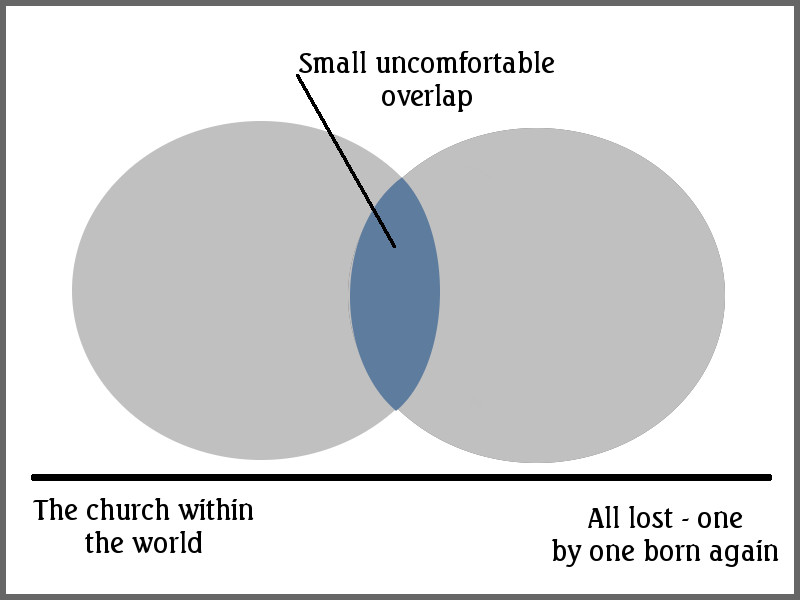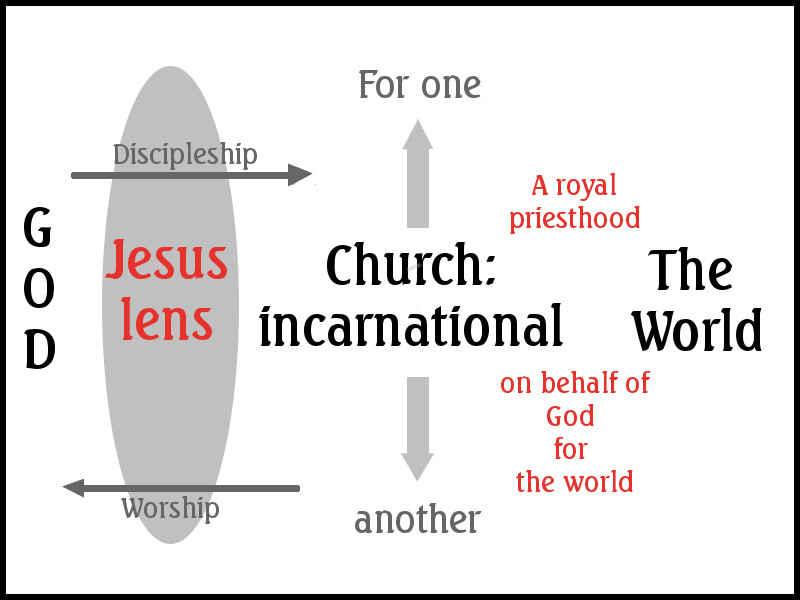August is a fun month. A month that supposedly honours Augustus Caesar – so that in itself is enough to make one either laugh or respond with a good healthy ‘no way’. I’ve always enjoyed August and have had a few of them now in my life. Somewhere in this month is a date when I mark one more year on the planet – yes a birthday comes round. I’ve said before that when I was 39 Sue asked me what I wanted to do when I was 40 – ‘I don’t want to mark that as 40 is almost nothing. What can one do by the time one is 40? Maybe ask again when I am 55,’ was my response. Of course once I did get to 55 I didn’t feel a lot different!
Anyway I thought maybe I would not blog during the month of August – time out, but here I am 6.00am with keyboard being bashed away. This post might not connect with many, and probably will not connect with those who have made the shift from immaturity to maturity by the time they reached 40, or even earlier. Richard Rohr writes about the two halfs of one’s life (or is that halves?). By now I apparently should have entered the second half. Not having read the book – like why would I want to do that? – but my guess is I am not yet too close to making the transition. I think transitions are better made if there is a measure of reflection. Learn from the past, make some adjustments and the future direction is on a better course.
I have many memories (and I think some are probably bad and some are probably good). I just don’t remember them. No that is not meant to be funny. I simply do not remember them – I don’t think about them, I don’t recall them, if they seek to rise up I move on. I don’t have time for that… maybe then the second half of life is still a long way off? In the midst of all this immaturity, first half of life orientation, I have had two reflections, or maybe better one reflection into two phases of my life. One reflection and I am about to hit 61… well one reflection is better than none.
I appreciate the reflectors. They have a gift that I do not have. Last week Gayle and I did a week (we managed 5 days so almost a week) of following a liturgical pattern of prayer – creeds, book of common prayer, and a good one in there from St. Francis. Beneficial, but tough. That way of doing things requires reflection, contemplation. Contemplating concerning God also ties with self-reflection. After 5 days maybe we (I) need to move on. ‘Move on.’ Now that is a good mantra. Give your energies to that, to the days you have never yet had. Apparently the downside is that we are meant to learn from the past, and again apparently, that requires self-reflection.
So what is the one reflection on life I have now that I have completed part of the first half of my life? It is I did pretty well in the contexts where I found myself but was not enough of an objectionable voice to the status quo on behalf of those who did not benefit from the system. My first reflective context is the educational system. Learning (now there is a euphemism) Spanish has been good for me. Not making the grade, not connecting… everything I did not experience within education, but probably that is exactly what a number of others did experience, as they found that for them education was anything but an enjoyable experience. If we could go back in time with what we know now, I would love to go back and be an objectionable voice on behalf of those that the system did not bring life to but imprisoned.
Rabbie Burns wrote:
O wad some Pow’r the giftie gie us
To see oursels as ithers see us!
I think I would write (with adjustment to the language):
And would some Power (God) give us the gift
To convert the system to seeing others!
(Almost had another reflection there, but quickly moved on… Almost thought that maybe I see the systems as being the problem, that they need changing, and of course through a good well aimed kick in the Spirit, rather than I need to change and see others. Glad it was only a momentary thought.)
Anyway less than a week to go to the birthday and I think I must be getting ever-so-close to the second half of my life – after all I have had a reflection. So maybe the second half of my life will be about being an objectionable voice and not fitting in. Or maybe that refection marks I am about to enter the first half of my life? Either way, the reality is once the reflection is over, life is there to be lived and off we go again, though I do hope that over the past 7 years a greater level of not fitting in, of kicking against the self-assured structures have marked whatever half of life I am in.

 We have begun to read Brian Zahnd’s book Water into Wine. Loving it. Worth it for the following quote:
We have begun to read Brian Zahnd’s book Water into Wine. Loving it. Worth it for the following quote:
